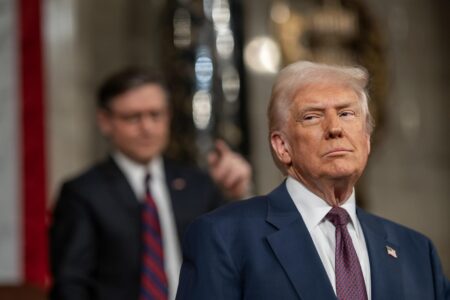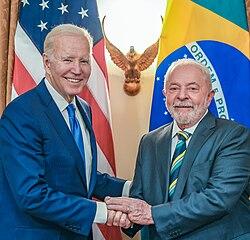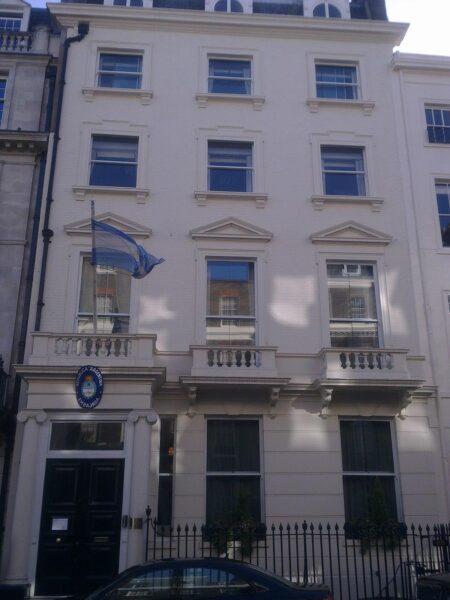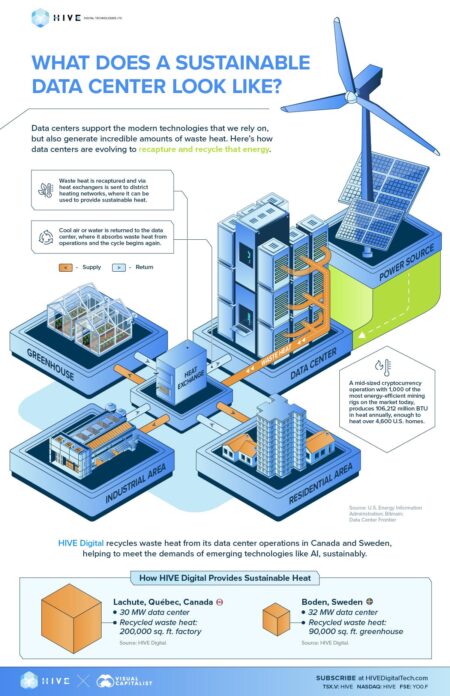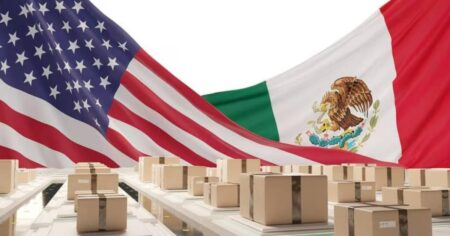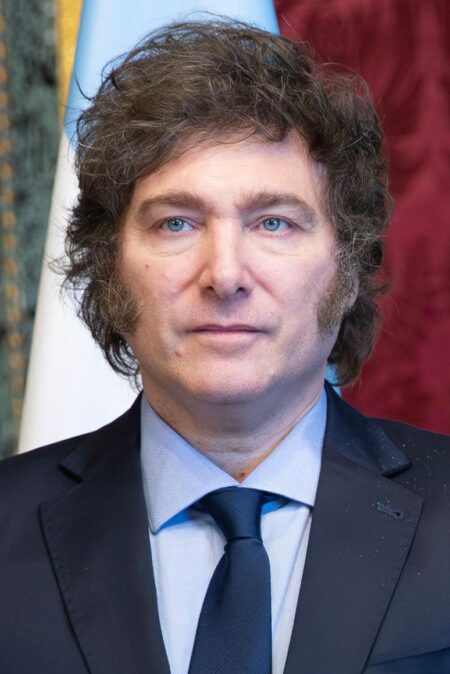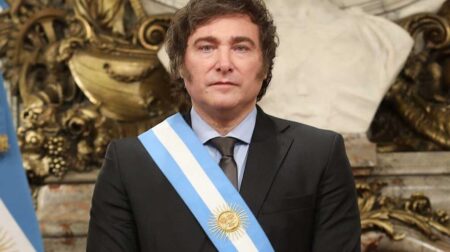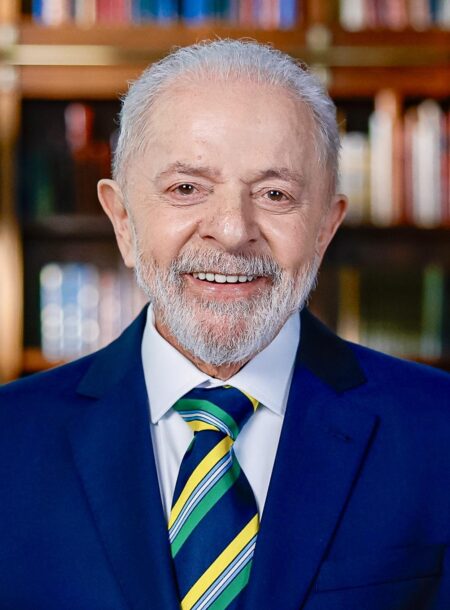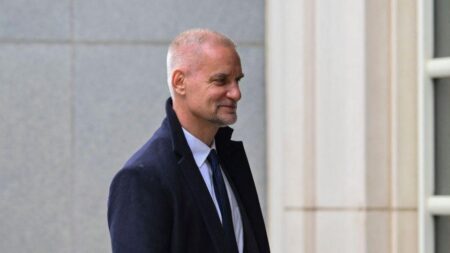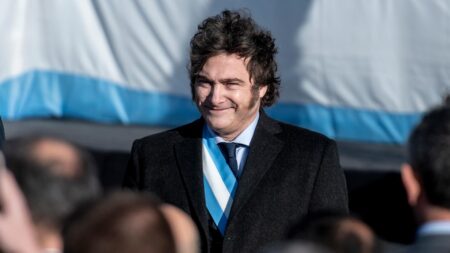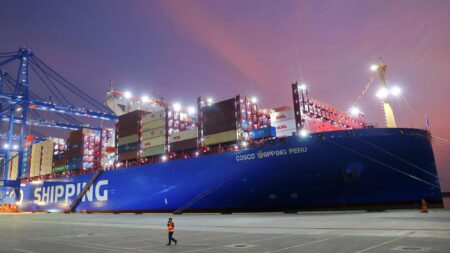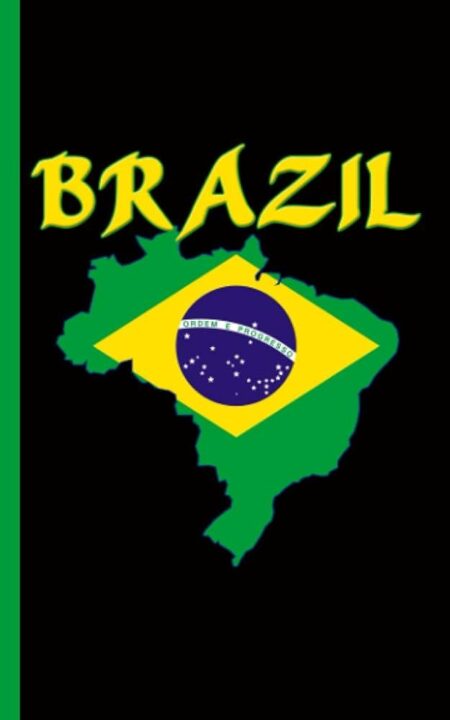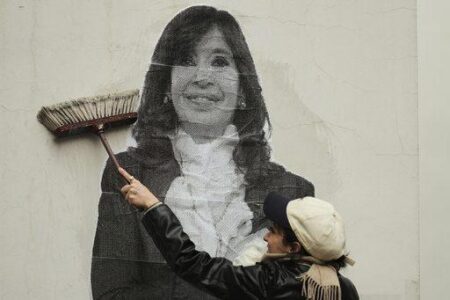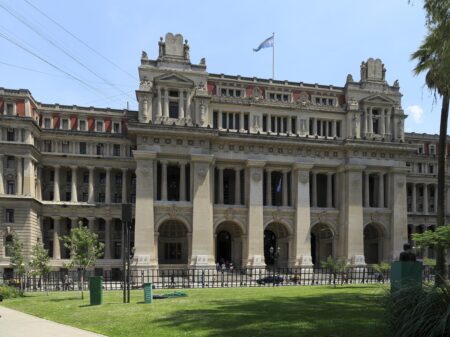Former President Trump has just unleashed a surprise shockwave with new tariffs on Brazilian imports, zeroing in on everyday staples like coffee and sugar. Experts warn these changes could disrupt your morning ritual and cause prices to skyrocket
Browsing: Latin America
Air Canada is expanding its horizons in Latin America with three thrilling new destinations, unlocking even more opportunities to explore and connect. These exciting routes promise to boost tourism and spark vibrant business growth across the region
US-Brazil tensions are escalating as former US President Trump throws his full support behind Bolsonaro and threatens to impose new trade tariffs, igniting concerns over the future of bilateral relations and economic stability, BNamericas reports
Brazil’s political landscape is undergoing a dramatic transformation as evangelical Christians passionately unite behind Jair Bolsonaro, portraying his presidency as a divine mission. This surge in influence sparks compelling debates about the future role of religion in shaping the nation
Argentina is gearing up to move its embassy from Tel Aviv to Jerusalem in 2026, President Javier Milei announced. This daring decision marks a significant turning point in Argentina’s foreign policy, aligning the nation more closely with U.S. and Israeli interests
Argentina’s Economy Minister Javier Milei boldly urges Mercosur to accelerate trade openness, declaring, “Argentina will move forward, whether accompanied or alone.” He stresses the urgent need for rapid integration to spark the nation’s economic growth and boost its competitive edge
Brazil is boldly charging ahead to become a leading sustainable data center hub, tapping into its vast renewable energy resources. However, environmentalists warn of potential threats to fragile ecosystems and the strain on natural resources
Mexico and Brazil are gearing up to supercharge their trade relationship, aiming to expand their reach beyond the US and China. By boosting collaboration, both countries aspire to unlock fresh growth opportunities and reduce dependence on these dominant markets, insiders reveal
Argentine President Javier Milei has announced ambitious plans to relocate the country’s embassy from Tel Aviv to Jerusalem, marking a significant turning point in Argentina’s Middle East policy. This move underscores a deepening bond and enhanced partnership with Israel
In a recent E-International Relations opinion piece, Argentina’s fiery economist Javier Milei disrupts the status quo, sparking intense debate with his bold free-market ideas and unapologetically confrontational style
Brazil’s President Lula has been granted permission to visit former Argentine President Cristina Kirchner, who is currently under house arrest, according to media reports. This visit marks a bold and rare diplomatic move amid escalating political tensions in the region
Goldman Sachs bankers foresee a surge of mergers and acquisitions in Brazil following the upcoming election, anticipating that renewed investor confidence and bold economic reforms will spark a dynamic wave of deal-making, Bloomberg reports
Cargill is expanding its footprint in Brazil with an exciting new investment in soybean operations, poised to boost production and meet skyrocketing global demand. This bold step underscores the company’s commitment to driving sustainable agriculture forward
UK fintech giant Revolut is set to acquire BNP Paribas’ consumer finance arm, Cetelem, in Argentina, Bloomberg reports. This bold move marks an exciting leap for Revolut as it dives into Latin America’s fast-growing digital finance market
Argentina is set to put Iranian and Lebanese suspects on trial in absentia for the 1994 AMIA bombing, marking a historic milestone in the quest for justice. This bold move aims to pave the way for accountability and deliver long-overdue closure to the victims of this tragic attack
President Javier Milei boldly declared Iran “an enemy of Argentina” amid rising tensions, spotlighting deep concerns over security and regional power struggles. This striking statement marks a dramatic turn in Buenos Aires’ diplomatic stance, reports the Buenos Aires Times
A US think-tank report reveals China’s swift expansion of influence over key ports across Latin America, raising strategic alarms amid escalating competition with the United States, Financial Times reports
Brazil has taken a bold and controversial stance in Latin America by siding with Iran over Israel, aligning itself with regional autocracies. This surprising shift raises urgent questions about the continent’s evolving geopolitical dynamics and its commitment to human rights
Photos capture passionate supporters of Cristina Fernández de Kirchner rallying outside the courthouse, standing resolute as the former Argentine president serves a prison sentence for corruption-vividly highlighting the fierce political divisions tearing through the nation
Argentina’s Supreme Court has decisively upheld the prison sentence for former President Cristina Kirchner, solidifying her conviction on corruption charges. This landmark decision marks a significant triumph in the country’s relentless fight against political corruption

